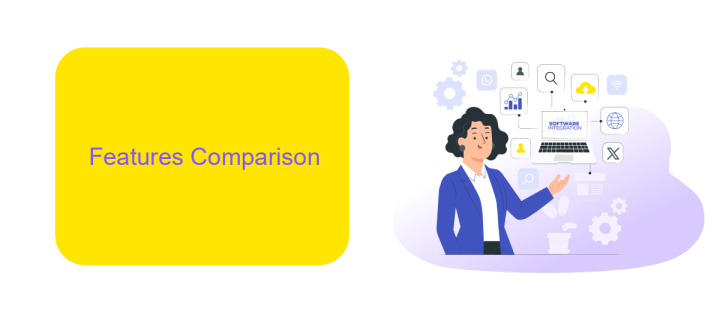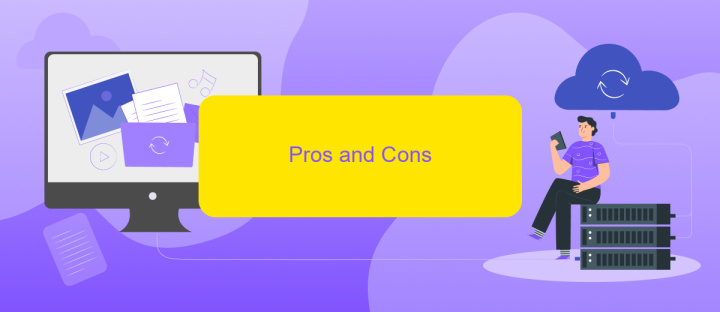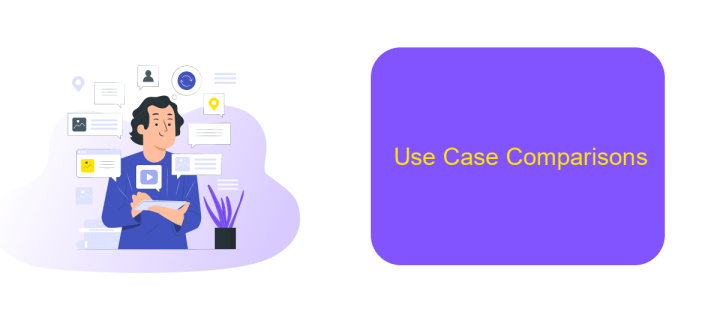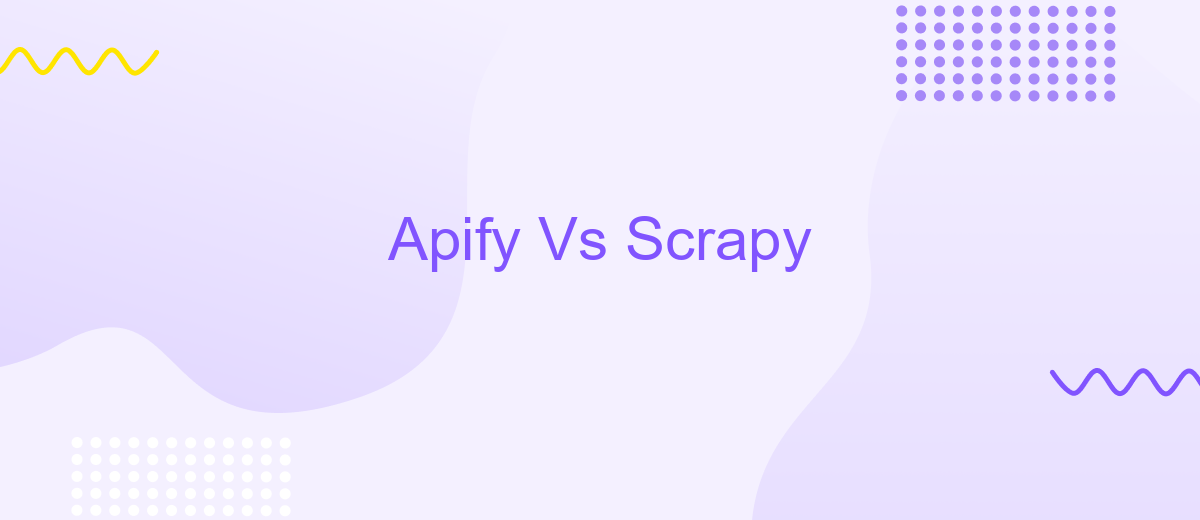Apify Vs Scrapy
When it comes to web scraping, choosing the right tool can significantly impact your project's success. Apify and Scrapy are two popular options, each with its own strengths and weaknesses. This article will compare Apify and Scrapy, examining their features, ease of use, scalability, and performance to help you decide which tool best meets your web scraping needs.
Introduction
In the world of web scraping, selecting the right tool can be a pivotal decision for your data collection needs. Apify and Scrapy are two prominent solutions that offer unique features and capabilities. Understanding their differences can help you make an informed choice that aligns with your project requirements.
- Apify: A cloud-based platform that provides ready-to-use actors for various scraping tasks, along with an intuitive interface and API integration capabilities.
- Scrapy: An open-source web crawling framework written in Python, known for its flexibility and powerful scraping capabilities, but requiring more technical expertise to set up and maintain.
Choosing between Apify and Scrapy depends on several factors, including your technical skills, project complexity, and specific needs. While Apify offers ease of use and cloud-based convenience, Scrapy provides robust control and customization for more complex scraping tasks. Services like ApiX-Drive can further enhance your workflow by enabling seamless integration between different tools and platforms, ensuring a smooth data collection process.
Features Comparison

Apify and Scrapy offer distinct features that cater to different web scraping needs. Apify provides a cloud-based platform with a user-friendly interface, allowing users to create, manage, and scale web scraping tasks effortlessly. It supports a wide range of integrations, including seamless data export to Google Sheets, Amazon S3, and more. Apify also offers ready-made actors for common scraping tasks, reducing the need for extensive coding knowledge. Its scheduling and monitoring capabilities ensure that scraping tasks run efficiently and reliably.
On the other hand, Scrapy is an open-source web scraping framework that requires a deeper understanding of Python and programming concepts. It offers extensive customization and flexibility, making it ideal for developers who need granular control over their scraping projects. Scrapy supports middlewares, pipelines, and extensions, providing robust options for data processing and storage. For those looking to integrate Scrapy with other services, tools like ApiX-Drive can facilitate data transfer and automation, streamlining workflows and enhancing productivity.
Pros and Cons

When comparing Apify and Scrapy, both tools offer unique advantages and disadvantages that cater to different web scraping needs. Apify is a cloud-based platform that provides a user-friendly interface and robust features, while Scrapy is an open-source framework known for its flexibility and control.
- Apify Pros: Easy to use with a web-based interface, built-in scheduling, and automatic scaling. Supports integration with third-party services like ApiX-Drive for seamless data transfer.
- Apify Cons: Can be more expensive due to its cloud-based nature. Limited customization compared to open-source alternatives.
- Scrapy Pros: Highly customizable and powerful, with extensive documentation and a large community. Free to use as it is open-source.
- Scrapy Cons: Requires more technical knowledge to set up and maintain. Lacks built-in scheduling and scaling, which may require additional configuration or third-party tools.
Ultimately, the choice between Apify and Scrapy depends on your specific needs and technical expertise. If you prefer a straightforward, scalable solution with easy integration options like ApiX-Drive, Apify may be the better choice. However, if you need a highly customizable and powerful tool and are comfortable with a steeper learning curve, Scrapy could be more suitable.
Use Case Comparisons

When comparing Apify and Scrapy, it's essential to consider their use cases. Apify is a cloud-based platform that excels in large-scale web scraping and automation tasks. Its user-friendly interface and extensive API support make it ideal for businesses looking to integrate data extraction seamlessly into their workflows. On the other hand, Scrapy is a powerful open-source web crawling framework written in Python, designed for developers who require a high degree of customization and control over their scraping projects.
Both tools have their strengths and cater to different audiences. Apify is particularly useful for non-developers or those who prefer a more managed service, while Scrapy is perfect for developers who need a robust and flexible solution. The choice between the two often depends on the specific requirements of the project and the technical expertise of the user.
- Apify: Best for large-scale web scraping and automation tasks
- Scrapy: Ideal for custom, developer-driven web crawling projects
- Apify: User-friendly interface with extensive API support
- Scrapy: High degree of customization and control
For businesses needing seamless integration of data extraction into their existing systems, services like ApiX-Drive can be incredibly beneficial. ApiX-Drive offers easy-to-use tools for setting up integrations between various web services, making it a valuable addition to either Apify or Scrapy workflows. This can significantly streamline the data extraction and integration process, enhancing overall efficiency.
Conclusion
In conclusion, both Apify and Scrapy offer robust solutions for web scraping, each with its own strengths and weaknesses. Apify excels in providing a user-friendly interface and a cloud-based platform, making it ideal for users who prefer a more managed approach. On the other hand, Scrapy offers greater flexibility and control, which is perfect for developers who need a customizable and powerful tool for complex scraping tasks.
When it comes to integrating these tools with other services, ApiX-Drive can streamline the process by automating data workflows between various applications. This can significantly enhance productivity and ensure seamless data management. Ultimately, the choice between Apify and Scrapy will depend on your specific needs, technical expertise, and project requirements. By leveraging the strengths of each tool and considering integration solutions like ApiX-Drive, you can optimize your web scraping efforts effectively.
FAQ
What are the main differences between Apify and Scrapy?
Which one is easier for beginners to use?
Can Apify and Scrapy be integrated with other services for automation?
Which platform is more scalable for large-scale web scraping projects?
Is there a cost difference between using Apify and Scrapy?
Apix-Drive will help optimize business processes, save you from a lot of routine tasks and unnecessary costs for automation, attracting additional specialists. Try setting up a free test connection with ApiX-Drive and see for yourself. Now you have to think about where to invest the freed time and money!

